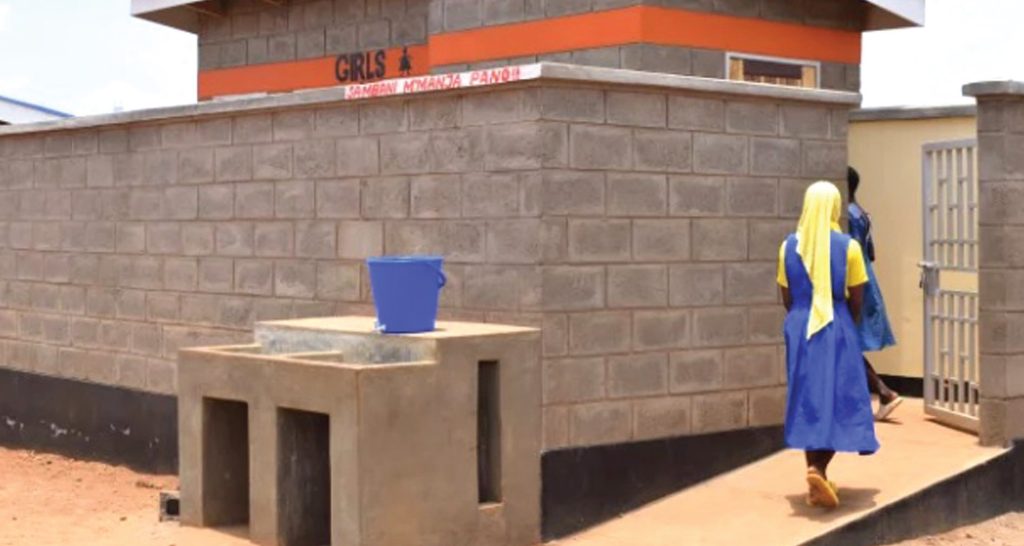Rising public debt charges continue to stifle social sector spending, a situation policy commentators argue could halt the fight against poverty and increase inequality.
In the K5.9 trillion 2024/25 National Budget, Ministry of Finance and Economic Affairs has allocated K1.5 trillion or 24.4 percent of the total expenditure to debt repayment while K2.1 trillion or 35.1 percent of the total expenditure will cover key social sectors, namely education, agriculture and health.
On the other hand, Treasury has also provided K232 billion to social protection in the budget that rolled out yesterday, a jump from K185 billion in the 2023/24 fiscal year.
In an interview on Saturday, Oxfam in Malawi executive director Lingalireni Mihowa said limited allocations and spending to sectors that people in poverty depend on due to debt servicing pushes the already disadvantaged and vulnerable people into precarious conditions.
She said: “Most of the population of the poor has in the recent past been subjected to economic shocks due to the Covid-19 pandemic, impacts of cyclones and rising cost of living.
“The government is trying its best to increase poor people’s access to essential services such as health, education and we have seen an expansion in the social transfers programme.
“However, one only imagines that the government would do much more if it didn’t have to spend a significant part of its budget to servicing public debt.”
Mihowa has since urged Treasury to ensure sound public resource governance, including prudent implementation of the International Monetary Fund Extended Credit Facility, focus on recovering the economy and growing through the agriculture, tourism and mining (ATM) strategy to generate needed resources for provision of essential services, creation of jobs and getting people to be productive.
Treasury data shows that out of the social sectors, education continues to receive the highest allocation, averaging 14.6 percent, health is the second at 12.2 percent and agriculture third at 8.3 percent of the total budget.
In the five years to the 2023/24 fiscal year, for instance, Treasury will have paid an accumulated K2.2 trillion principal and interest on the country’s sovereign debt.
During the same period, estimates show that Treasury will have spent K4.2 trillion on education, health and social benefits, which also includes the Social Cash Transfer Programme.
The Malawi Economic Justice Network 2024/25 spending overview shows that although spending in key sectors has increased as compared to 2023/24 fiscal year, debt servicing will likely continue to crowd out key sectoral expenditures
Meanwhile, the country’s total public debt stock is now at K13 trillion, about 84.8 percent of the gross domestic product and will likely rise to K14.4 trillion if the K1.43 trillion deficit in the 2023/24 fiscal year is factored into the 2024/25 fiscal plan.
The post Rising debt charges still under spotlight first appeared on Nation Online.
The post Rising debt charges still under spotlight appeared first on Nation Online.
 Moni Malawi
Moni Malawi 

